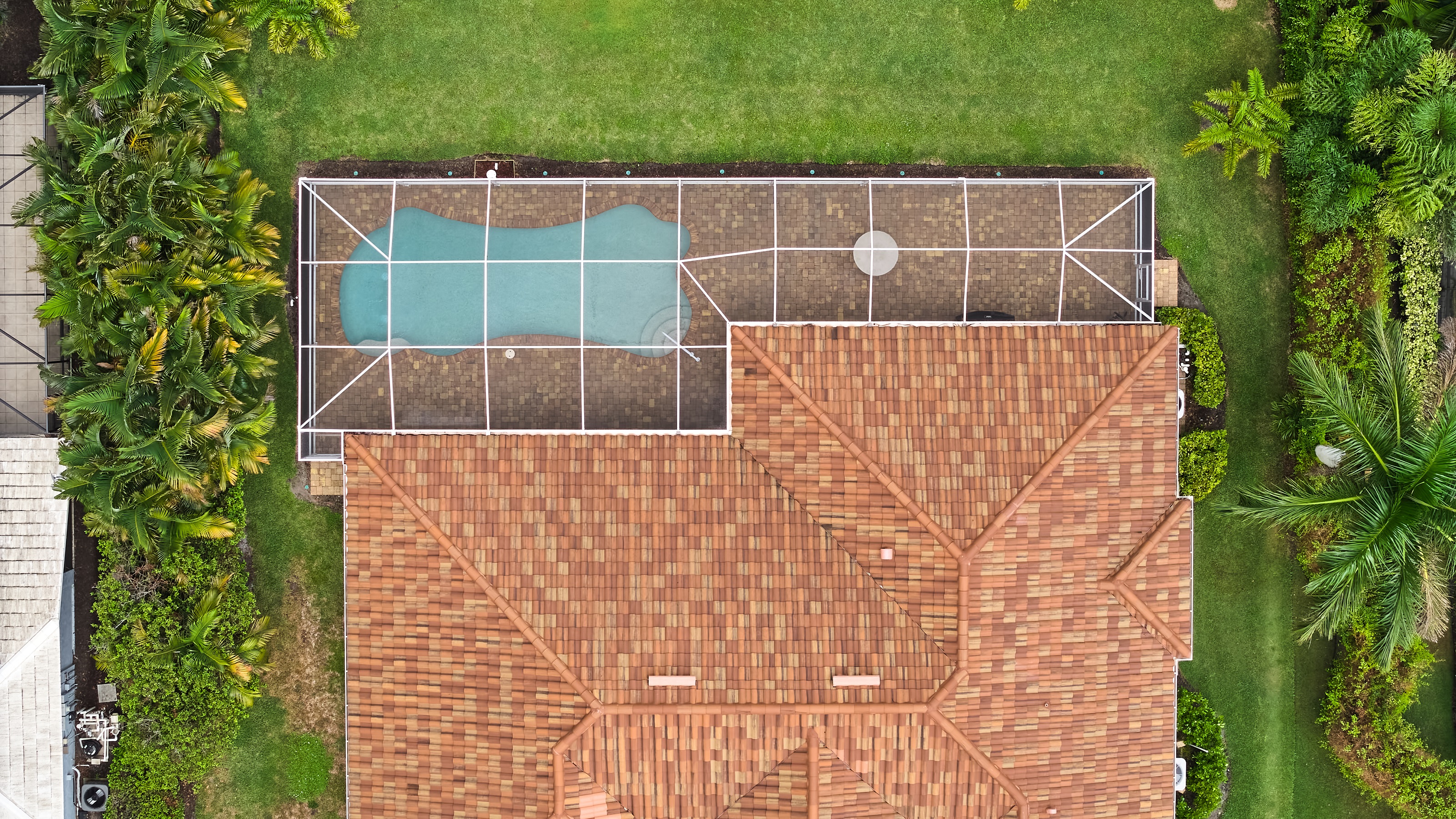
We have all heard that buzzing sound. Something like a swarm of bees or an engine just about to start but never quite does. The first time you heard it, all that went through your mind was that some crazy kid probably had a new toy, and you weren’t that far off. Today, those crazy kids are far from the only users of drones, and one use may surprise you.
Preparing for takeoff on this story about drones and your insurance company and, well, yes, your privacy, let’s take a moment to first be sure we’re clear on what a drone is. According to the Merriam-Webster dictionary, a drone is “an unmanned aircraft or ship guided by remote control or onboard computers.” That is as good a definition as any, so simply put, we’re talking about little remote-controlled helicopters or airplanes flying around. Most of these drones are also equipped with a camera for taking photos and video.
Now that we have a common frame of reference on what a drone is and what it does, how in the heck does this have anything to do with my insurance company? Can’t imagine that they are akin to the kids and their toys buzzing around and trying to catch a photo of their neighbor on the other side of the fence in a bikini. You’re right, and you’re wrong. Indeed, insurance companies are now utilizing technology including drones to inspect properties that they insure. However, they are not interested in what bathing attire the inhabitants are sporting. So what is your billion-dollar-plus insurance company doing with drones?
What are insurance company drones looking for?
For one thing, insurers are looking at the roof of your home; is it in disarray or in need of replacement? Remember, a bad roof may leak in the next storm, or if trees are comfortably snoozing right on top of it, well, that could make your home much more likely to catch on fire if embers find it. They may also be looking at the overall condition of your home to see just how long it has been since you’ve taken the time and expense to maintain it. From the big things to the small, down to the gutters that may be full of leaves and debris, if it makes your home a higher risk, they want to know about it.
That’s not all: They also can utilize low-flying planes with highly sensitive cameras to gather even more detail about your property. Satellite images, too. Think nobody notices how long that vehicle has been up on blocks or a cheap jack? How about the pool in the backyard that you drained a few years ago that now sits unfenced and ready for a neighbor’s kid to plummet into the deep end? Yes and yes, they are looking at it all. But why?
The lower the risk, the lower the premium
As much as it would be grand to see a world where every insurance company takes this level of interest and investment as an altruistic venture to make you safer and your home value higher — and you’re free to look at it that way — the other reason may be a tad more about themselves. An insurance company is in the business of taking risks, and the better the odds are of not having a loss, the lower that risk. The lower the risk, the lower the premium. See how it works?
So your insurance company may find issues you were unaware of, or some you simply had not yet addressed. They will, let’s say, cajole you into taking action in order to maintain your policy, or possibly even earn a discount for doing so. If not, you may be facing having your policy non-renewed. That’s a pretty big incentive, indeed.
While the privacy and legalities most certainly exist, and I will gladly leave that joy to the legal columnists, I choose to look at this as a win for safety and efficiency. As a homeowner, I’m happy to have risk-prevention experts tell me what I can do to make my home safer. Bring it on. If I can do it and save money on my insurance premium in the process, so much the better.
What you can do
So, what are the points you need to know?
- If you receive a letter from your insurance company saying they're not renewing your policy due to images taken, whether by a drone, a fly-by or an inspector on the ground with a Polaroid camera (get that reference and we’re in the same generation), you have a right to ask for copies to see what conditions are in question. The decision may be yours to fix the hazard if there is one, or dispute it if the image is old or simply of the wrong house. Yes, that happens.
- Remember that if one insurance company sees something as a risk that you can rectify, chances are another insurer will as well. So don’t think you’ll just leave one insurer for pointing this out and not expect the next one to say the same thing.
- Be reasonable, not emotional. This is a tough one, but if you take nothing else away from this article, take this: While we may not like the feeling of having unannounced images from the sky of what is likely our largest personal asset taken, remember to focus on what is found, not how it is found. More often than not, it is something that really should be addressed to protect your home and prevent your insurance premium from increasing.







